5. Martin Sheen – Apocalypse Now (1979)
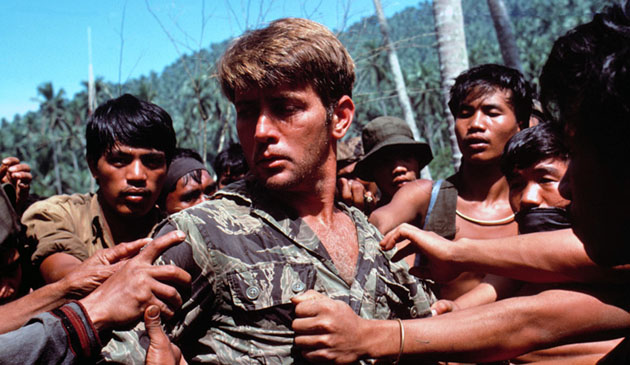
The insanity behind Francis Ford Coppola’s seminal Vietnam War opus is stuff of cinema legend both on and off screen, yet there’s no greater tale of what crazy extents the cast and crew were pushed to than the fate of lead actor Martin Sheen. The film shoot was strenuous for all involved, with even the director coming close to losing his sanity on the nightmare of all shoots, yet Sheen himself, as the passive protagonist on this dark journey, managed to completely break out one point.
He coincidentally was a heavy drinker with a bag full of dark baggage in his rearview; despite his handsome exterior and glowing charisma, Coppola sensed something dark underneath, and as they filmed on his 36th birthday Sheen was drunk as a fish and arrived on call for the infamous hotel opening.
Sheen, with only a little goading, managed to have a complete meltdown in front of the camera; he punches a mirror, rubs his bleeding hand on his face, and then cries uncontrollably. It all ended up in the final film, although he wished it hadn’t. Sheen’s drinking and the arduous nature of the production eventually took its toll on the actor and he suffered a minor heart attack, having to recover on location in the Philippines and return to filming weeks later.
Soon after, Sheen changed his life around and became clean and sober in the early 80’s, and is still a prominent actor today. Yet “Apocalypse Now” represented the pinnacle of the darkness inside himself and a role he nearly wasn’t able to walk away from.
4. Adrien Brody – The Pianist (2003)
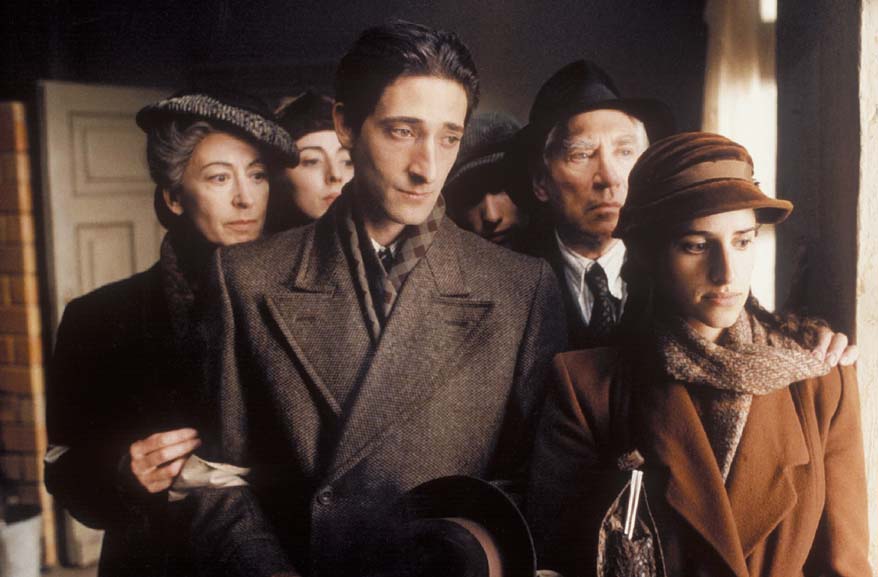
Whilst Adrien Brody’s recent career has become a bit of a non-entity, not to mention reached some laughably dire depths (e.g. “Giallo,” “Dragon Blade”), the fact that he’s the youngest actor to win the Best Actor Oscar is still an impressive feat. It catapulted the low-key character performer to A-list heights, yet it did so through a process that nearly buried Brody before he could even enjoy his new found success.
When cast in Roman Polanski’s gruelling Holocaust drama, Brody jumped in head first without looking back; he withdrew from his social life for months, terminated his apartment, sold off his car, dumped his girlfriend, and stopped watching TV altogether.
Add to that playing piano four times a day, and beginning the tough ordeal of losing 29 pounds over the shoot by eating very little, and then eventually starving himself; the later was what put the actor near a breaking point, claiming he never had felt the utter despair that pure hunger brings. Luckily that tough road led to accolades and awards, regardless of the mixed work that followed after.
3. Joaquin Phoenix – I’m Still Here (2010)
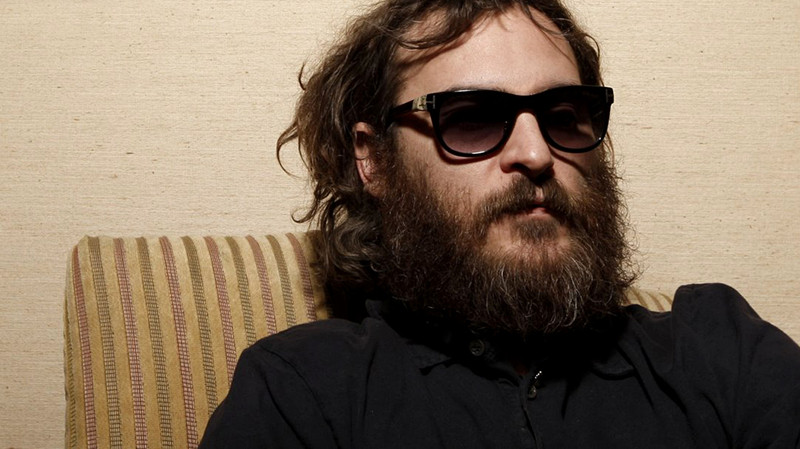
Eight years down the line, not much thought is given to Joaquin Phoenix and his brother-in-law Casey Affleck’s mockumentary on the celebrity cycle. In fact, it’s almost taken as much time for both of their careers to recover from the ordeal, although with awards and critical accolades in the years since, it’s safe to say both are maybe more popular than ever.
At a time when Phoenix’s career heat was lava hot (following a Golden Globe win for “Walk the Line”), he and Affleck concocted a concept of having him ‘retire’ from acting, have him completely lose it physically and mentally, and attempt to break into rapping in the most mediocre way possible. The whole thing was that no one except them would be in on the joke.
Phoenix shocked most as his behaviour became flippant and slowly reclusive as he grew a hobo beard and bloated up, with his anti-social persona in full glory in an awkward appearance on David Letterman. After both kept up the ruse for two years, with them essentially growing broke from putting their careers on pause during the experiment, the cat was eventually let out the bag.
But it was too little too late – the public had grown tired of Phoenix’s embarrassing attitude and once it was revealed it was all a joke at the Venice Film Festival, not a lot of people cared anymore or resented being played for fools. It took a good while for either of the actors to turn the tides but their talents subsided and Affleck even went onto an Oscar win last year.
Observing the charade was not really a case of an actor psychologically damaging his mental health (Phoenix was always in control of his ‘character’), yet the disregard for his career and those around him, all for a film that didn’t pay off, is kind of baffling. Still, there’s no doubt Phoenix fully stands by his product, and wouldn’t have done it any other way.
2. Shelley Duvall – The Shining (1980)
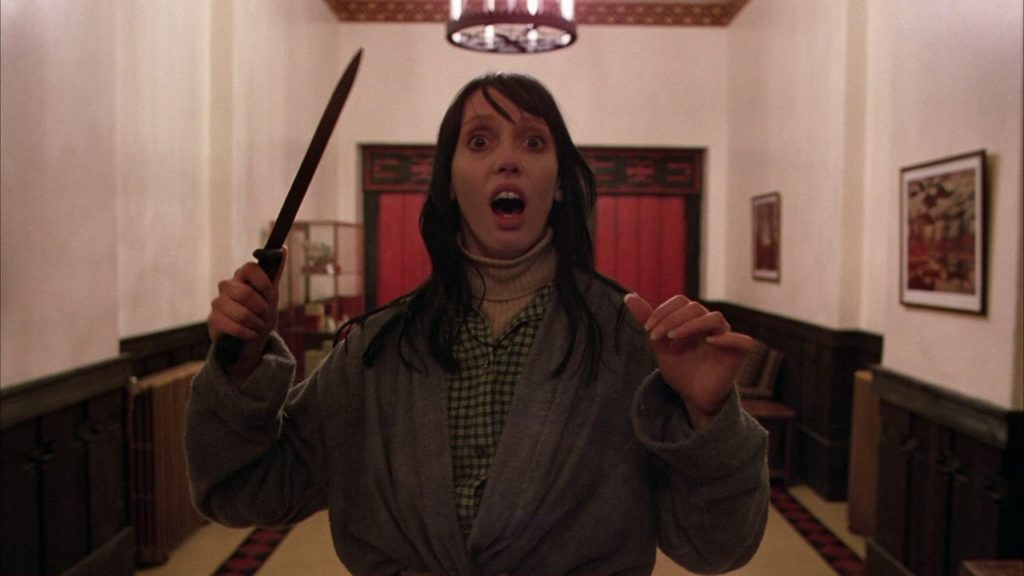
Director Stanley Kubrick is no doubt a genius and innovator of the cinematic medium. Yet along with that came a painstaking meticulousness that drove several actors to the breaking point with his strenuous number of takes, and none was more taxing than his early 80’s adaptation of the Stephen King horror tomb “The Shining.”
On the long-winded, isolated and painfully stressful set, Kubrick subjected lead actor Jack Nicholson to a sole two-week diet of cheese sandwiches (something the actor detests) to prep for his third act descent into insanity. He even had 40-year screen veteran Scatman Crothers break down in tears and pleading after being subjected to endless takes on a minor shot. Yet no one got it worse than the adorably chipper actress Shelley Duvall.
Duvall was a Robert Altman regular who displayed an easy and likeable charisma on screen. Yet here, playing Nicholson’s fragile wife, the reasons she’s shrill and unbearably on edge is because in real life, she was one inch away from total nervous breakdown. Kubrick purposely isolated Duvall, harshly critiqued her at any opportunity, and demanded that no crew member sympathize with her. She was forced to perform the scene where she tearily threatens her husband with a baseball bat a whopping 127 times (it entered the Guinness Book of Records as the most amount of takes… ever).
The stress was so heavy the actress’s hair began to fall out, and she regularly became dehydrated from constant crying. Heck, even the iconic ‘axe scene’ had her kept largely in the dark, so when she’s screeching in terror of as Nicholson chops through the door – it’s genuine.
Duvall’s acting profile seriously winded down afterwards and she’d chosen for the last 20 years to live as a recluse. After what Kubrick put her through, is anyone surprised?
1. Heath Ledger – The Dark Knight (2008)
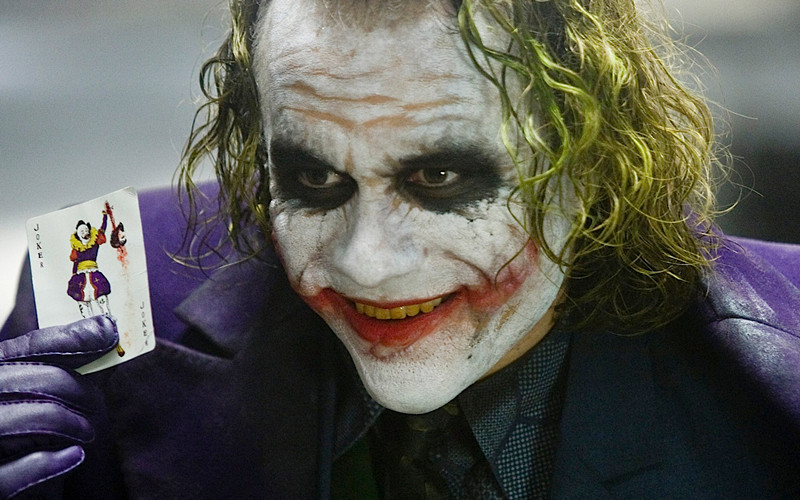
Even in this heyday of superhero fatigue, Christopher Nolan’s Batman sequel is still a highly regarded piece of cinema. Much of that is thanks to the seismic performance by the late Heath Ledger as villain Joker, the chilling Clown Prince of Crime, who quite successfully steals the show in a performance that floored many and displayed a whole other level of skill and power that the fairly vanilla Ledger had rarely displayed before.
Nolan had originally approached Ledger to play Bruce Wayne/Batman for “Batman Begins,” yet the actor was put off by the idea of playing a superhero. Yet when the ecstatic reaction to the first film came about, and the juicy role for the ultimate nemesis to the Bat came about, Ledger jumped at the chance. He prepared in advance by isolating himself in his apartment, generating his chilling voice and laugh, and constantly collecting images and filling countless notebooks written in the mind state of the character.
Unlike some ‘method’ actors, Ledger would only be his character once ‘Action’ and ‘Cut’ were called, yet his presence on set was so fierce that even cinema vet Michael Caine managed to forget all his lines in their first scene together. Also, even if Ledger didn’t attempt to take his work home with him, it followed regardless. He would lose sleep constantly, only managing two hours on average, with his “body exhausted and (his) mind would keep going.” This continued exhaustion led to a reliance on sleeping , and an eventual overdose that resulted in his untimely death.
The jury has been constantly split whether the darkness and its unrest in Ledger’s deep portrayal is what pushed him over the edge into an early death – we’ll never truly know.